Sanguine: Word Meaning, Examples, Origin & Usage in IELTS
6 min read
Updated On
-
Copy link
The word ‘sanguine’ means ‘optimistic or positive, especially in a bad or difficult situation; a blood-red colour’. Discover its usage, origin, and history, synonyms and antonyms, and practice the provided exercises to achieve an IELTS band score of 8+.
Table of Contents

Limited-Time Offer : Access a FREE 10-Day IELTS Study Plan!
Ever met someone who remains confident and cheerful, even when things go sideways? That is the essence of being sanguine. It is not just optimism; rather, it is the calm self-assurance paired with hope that defines this trait. So, no matter whether you are studying for the IELTS Speaking test or improving your advanced vocabulary word list for IELTS, understanding the word ‘sanguine’ can be very helpful.
In this blog, we will discuss the meaning, history, and proper usage of the term ‘sanguine’ and solidify your understanding through practical exercises to help you use it in the exam for a band score of 8 and above.
Meaning of Sanguine
Pronunciation: /ˈsæŋɡwɪn/ (sounds like sang·gvn)
Sanguine refers to someone who remains cheerful, calm, and confident, even when circumstances are tough or uncertain. It reflects a strong internal belief that things will improve, regardless of present challenges.
History and Origin of Sanguine
The word first appeared in Middle English as sanguin, which came from the Latin word sanguis (which means ‘blood’). Now here is the million-dollar question: how did a word meaning ‘blood’ come to mean optimistic in the modern era?
In the Middle Ages, bodily health was believed to be governed by the balance of different liquids, or humors, in one’s body. If any of those four humors – phlegm, black bile (also called melancholy), yellow bile (or choler), and blood – predominated, then your disposition and health were said to be ruled by that humor.
People who were calm, slow, undemonstrative, and unexcitable were thought to have an abundance of phlegm – they were governed by that humor and were therefore phlegmatic. Those who were bilious had a bad disposition because of the large amount of yellow or black bile in their system. But those who were governed by blood were strong and confident – in a word, sanguine.
Usage & Examples of Sanguine
The adjective, sanguine works well in both formal and argumentative contexts. Here are some examples of how it can be used in everyday conversation.
- The American president seemed oddly sanguine about the country’s economic recovery in the wake of the pandemic.
- His face went from a bright sanguine hue to a ghostly white in a matter of seconds.
- I love red wine. Drinking that sanguine elixir makes me feel alive.
- She looked particularly gorgeous in her new sanguine robe.
- Despite the economic downturn, the manager remained sanguine about the company's recovery.
- She had a sanguine disposition that made her a natural leader during tough times.
- Investors were surprisingly sanguine about the market's long-term outlook.
- His sanguine attitude helped the team stay focused and motivated.
- I wasn’t feeling particularly sanguine about the results, but I stayed calm.
Join us in our free webinars to learn tricks to improve IELTS vocabulary! Join Now!
IELTS Usage of ‘Sanguine’
In communication, using the word ‘sanguine’ signals emotional resilience, mental strength, and an ability to inspire optimism in others. As a result, using sanguine in IELTS Writing or Speaking helps showcase advanced vocabulary and emotional depth.
IELTS Speaking Part 3 Example
- Question: Do you think younger people are more optimistic than older people?
- Answer: “Yes, many young people have a sanguine perspective on the future, especially when it comes to climate change and innovation. They often believe in the power of science and activism to bring about positive change. Unlike older generations, who may feel disillusioned due to past failures, the youth tend to view challenges as opportunities.”
IELTS Writing Task 2 Example
- Question: Some people believe economic growth should be prioritised, even if it causes environmental damage. Others think protecting the environment should come first. Discuss both views and give your opinion.
- Answer Excerpt: While some are pessimistic about achieving a balance between growth and sustainability, I remain sanguine that green technologies will pave the way forward. Advances in renewable energy, circular economies, and sustainable urban planning suggest that economic progress does not have to come at the planet’s expense. With the right investment and policy support, environmentally responsible development is not only possible but inevitable.
Book a FREE demo to talk to our experts and boost your IELTS vocabulary now!
Synonyms of Sanguine
Here are some synonyms for sanguine for IELTS Speaking and Writing, each explained with the meaning and a sample sentence.
|
Synonym |
Meaning |
Example Sentence |
|---|---|---|
|
Optimistic |
believing that good things will happen in the future |
She is optimistic about getting the scholarship. |
|
Hopeful |
believing that something you want will happen |
We remain hopeful that peace talks will succeed. |
|
Confident |
having a feeling or belief that you can do something well or succeed |
He’s confident about his presentation tomorrow. |
|
Upbeat |
positive and enthusiastic |
The team sounded upbeat after the new strategy was announced. |
|
Positive |
full of hope and confidence, or giving cause for hope and confidence |
She maintained a positive outlook despite the setback. |
Antonyms of Sanguine
It is now time to look at the opposites of sanguine, that is, words that describe people who speak less or speak wisely:
|
Antonym |
Meaning |
Example Sentence |
|---|---|---|
|
Pessimistic |
thinking that bad things are more likely to happen |
He was pessimistic about the project's success. |
|
Cynical |
believing that people only do things to help themselves |
Her cynical view of politics made her avoid voting altogether. |
|
Gloomy |
low in spirits or mood; depressed |
The news left us in a gloomy mood. |
|
Depressed |
unhappy and without hope |
He felt depressed after losing his job. |
|
Apprehensive |
anxious or fearful that something bad will happen |
She felt apprehensive before the surgery. |
Trying to learn advanced vocabulary for your IELTS exam?
Begin with our Vocabulary for IELTS!
Exercise to Master the Meaning of Sanguine
Here are some exercises to help you better understand the word 'sanguine’ and use it appropriately in the exams or during other conversation.
Exercise: Choose the correct option.
1 Which sentence uses sanguine correctly?
A The chef was sanguine about the texture of the lasagna.
B After several failed attempts, he remained sanguine that success was still possible.
C Her sanguine behaviour made the atmosphere gloomy.
D The room was painted a sanguine shade of blue.
2 Who is acting most sanguine in the following scenarios?
A Arjun refuses to attend another interview after one rejection.
B Priya is angry and blames others for a failed group project.
C Maya says, “It didn’t work out this time, but next time I’ll do better!”
D Rishi deletes all his notes after failing an exam.
3 Choose the word that best replaces sanguine in this sentence: Despite the rising inflation, the economist remained sanguine about the country’s economic recovery.
A Pessimistic
B Unconcerned
C Hopeful
D Indifferent
4 What tone does the word sanguine convey in writing or speech?
A Cheerful and confident
B Calm and accepting
C Hopeless and fearful
D Nervous and hesitant
5 In which IELTS Writing Task 2 topic would sanguine be most appropriately used?
A Describing the layout of a historical site
B Discussing the pros and cons of online shopping
C Explaining why fast food is unhealthy
D Arguing that despite global challenges, technological progress will improve lives
Answer Keys
1 B (Sanguine refers to a hopeful, positive mindset, especially during hardship. Option B reflects this correctly.)
2 C (Maya displays hopeful confidence despite failure, core to the meaning of sanguine.)
3 C (Sanguine means confident and hopeful, especially in tough times.)
4 A (Sanguine conveys an upbeat, forward-looking, and confident tone.)
5 D (Sanguine fits best in contexts where optimism in the face of challenge is discussed, such as global progress or innovation.)
In conclusion, the word ‘sanguine’ is more than a fancy synonym for optimism. It conveys resilience, composure, and grounded hope, especially in challenging times. Therefore, by using it thoughtfully, you project emotional maturity and linguistic finesse. So, start using it appropriately while taking free IELTS practice tests for writing or speech, as it is a word that elevates your expression.
Useful Links:
- Physiognomy: Word Meaning, Examples, Origin & Usage in IELTS
- Vapid: Word Meaning, Examples, Origin & Usage in IELTS
- Florid: Word Meaning, Examples, Origin & Usage in IELTS
- Useful Idioms for IELTS Speaking to Score Band 8.0+
- 1200 Common Words in IELTS Listening to Boost Vocabulary
- Practical Tips on How to Improve Vocabulary for the IELTS Exam
- Top Synonyms for Common Adjectives in IELTS Speaking & Writing
Explore IELTS Resources

Start Preparing for IELTS: Get Your 10-Day Study Plan Today!
Check out other Word of the Day Articles
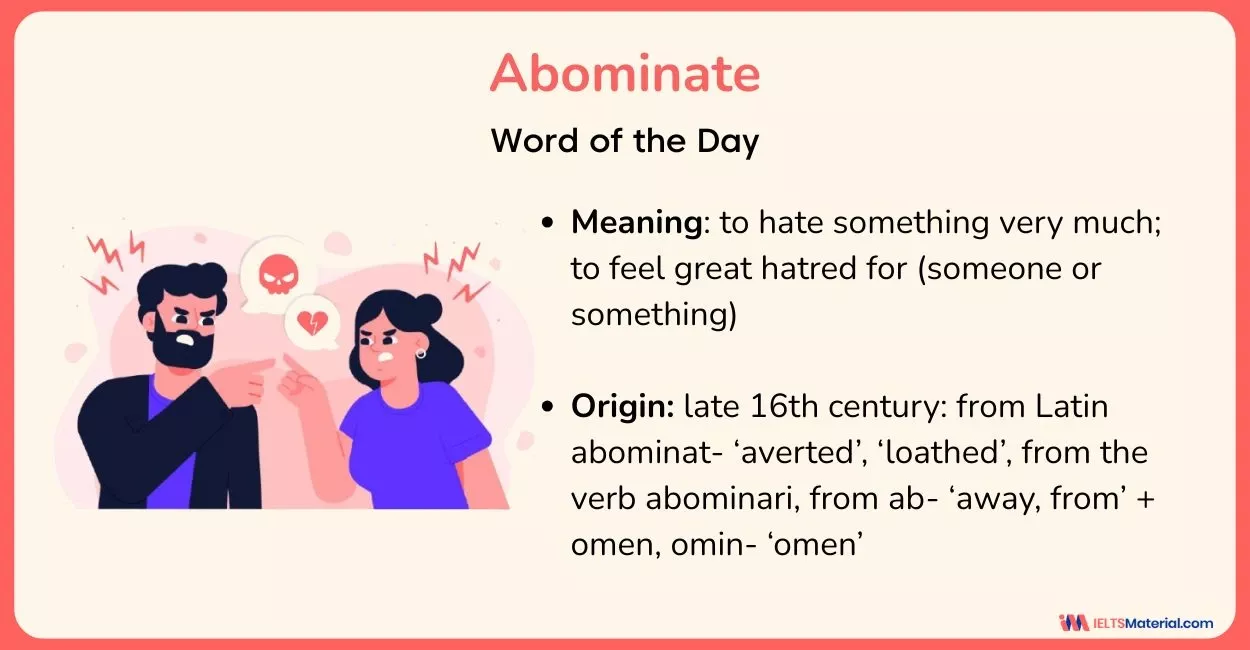
Haniya Yashfeen
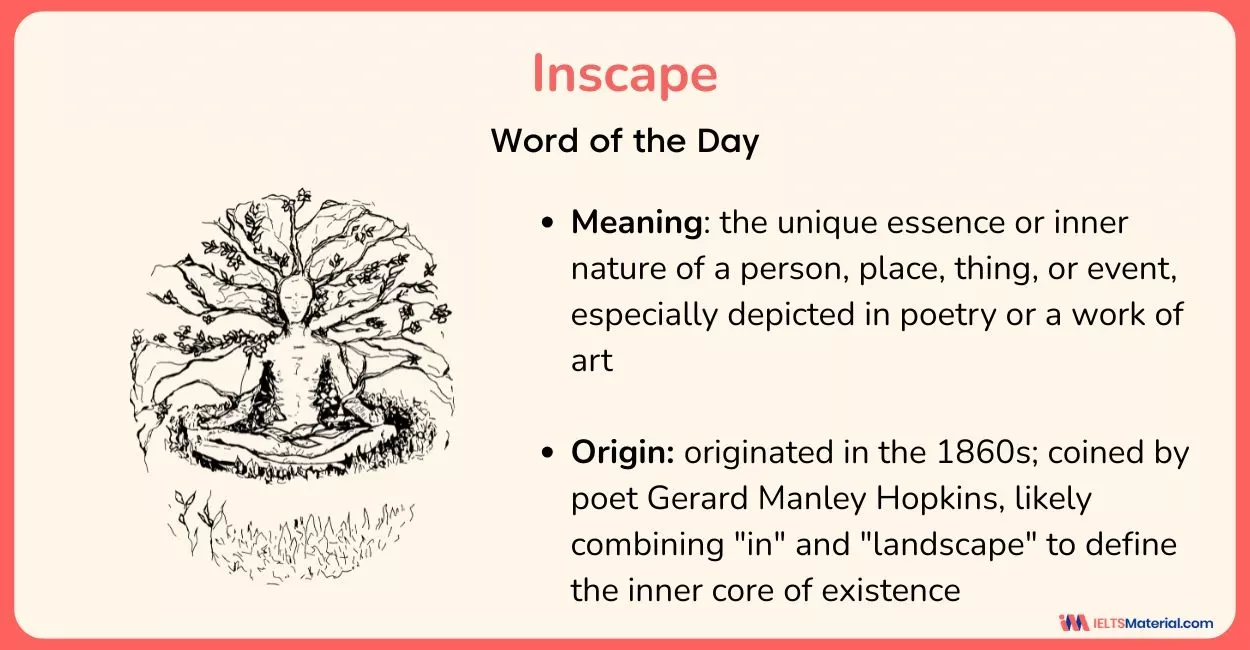
Prity Mallick
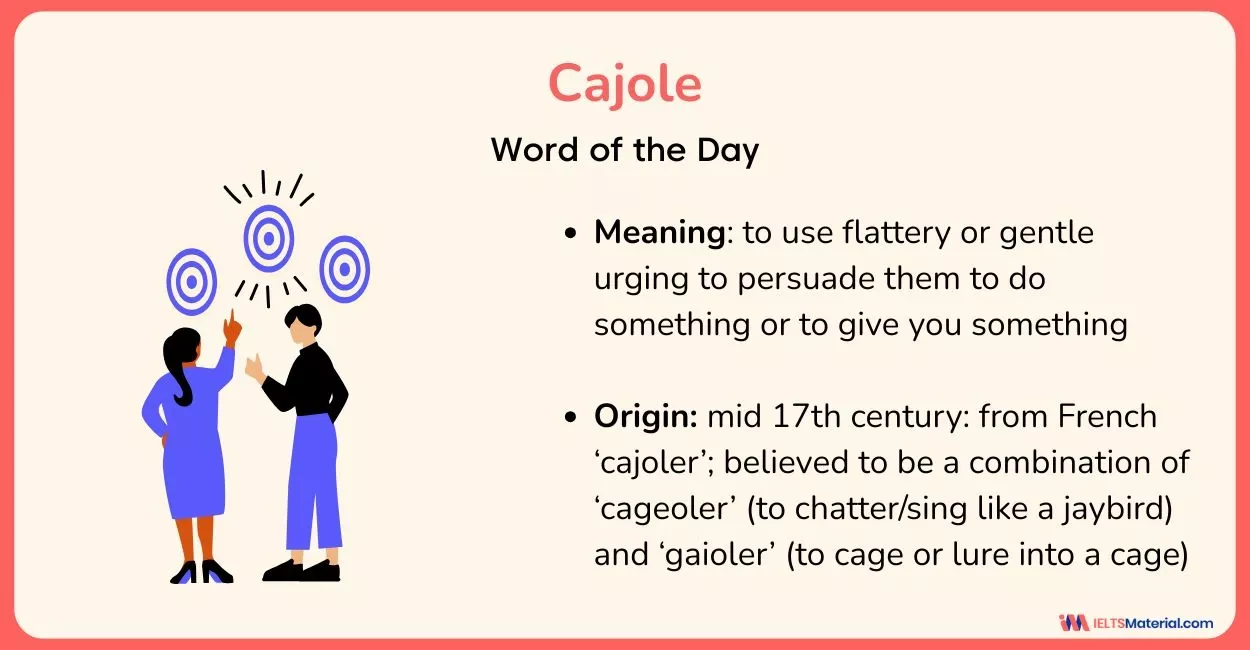
Prity Mallick
Recent Articles

Kasturika Samanta

Kasturika Samanta
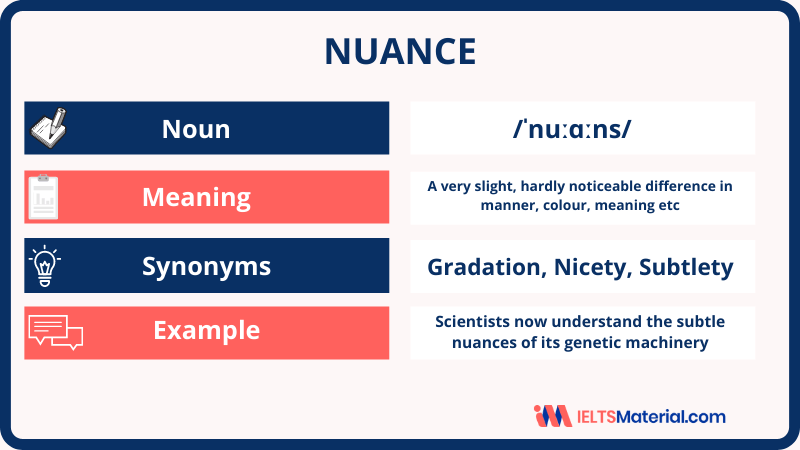
Kasturika Samanta
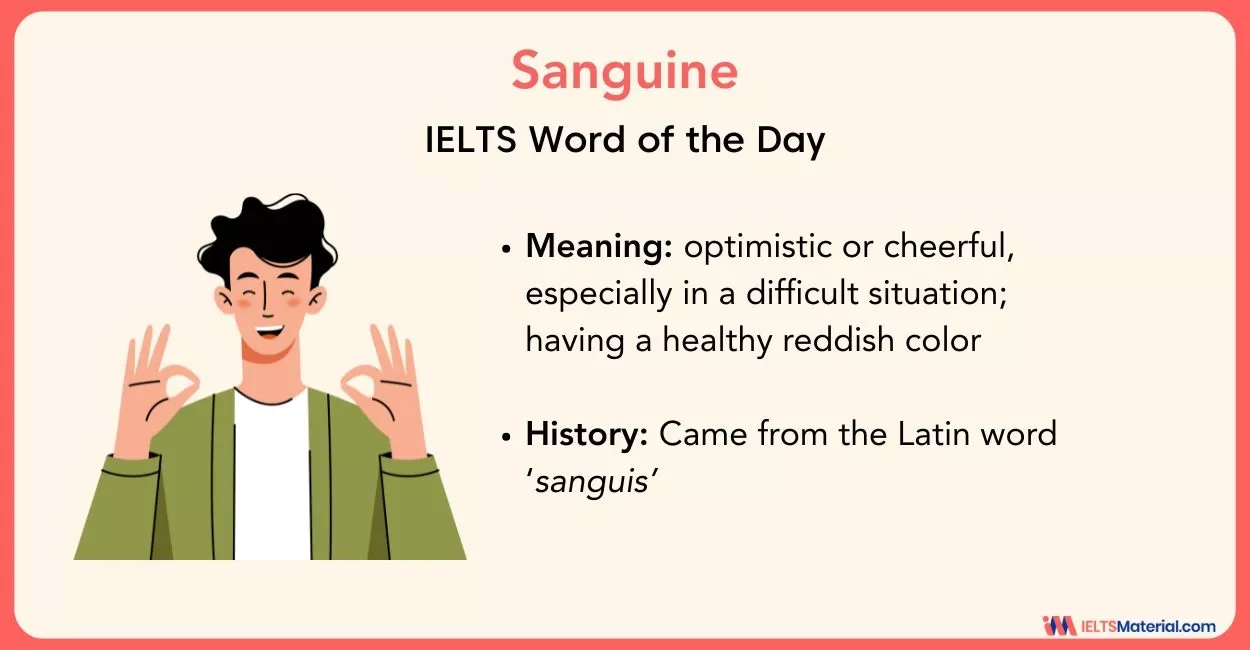





Post your Comments